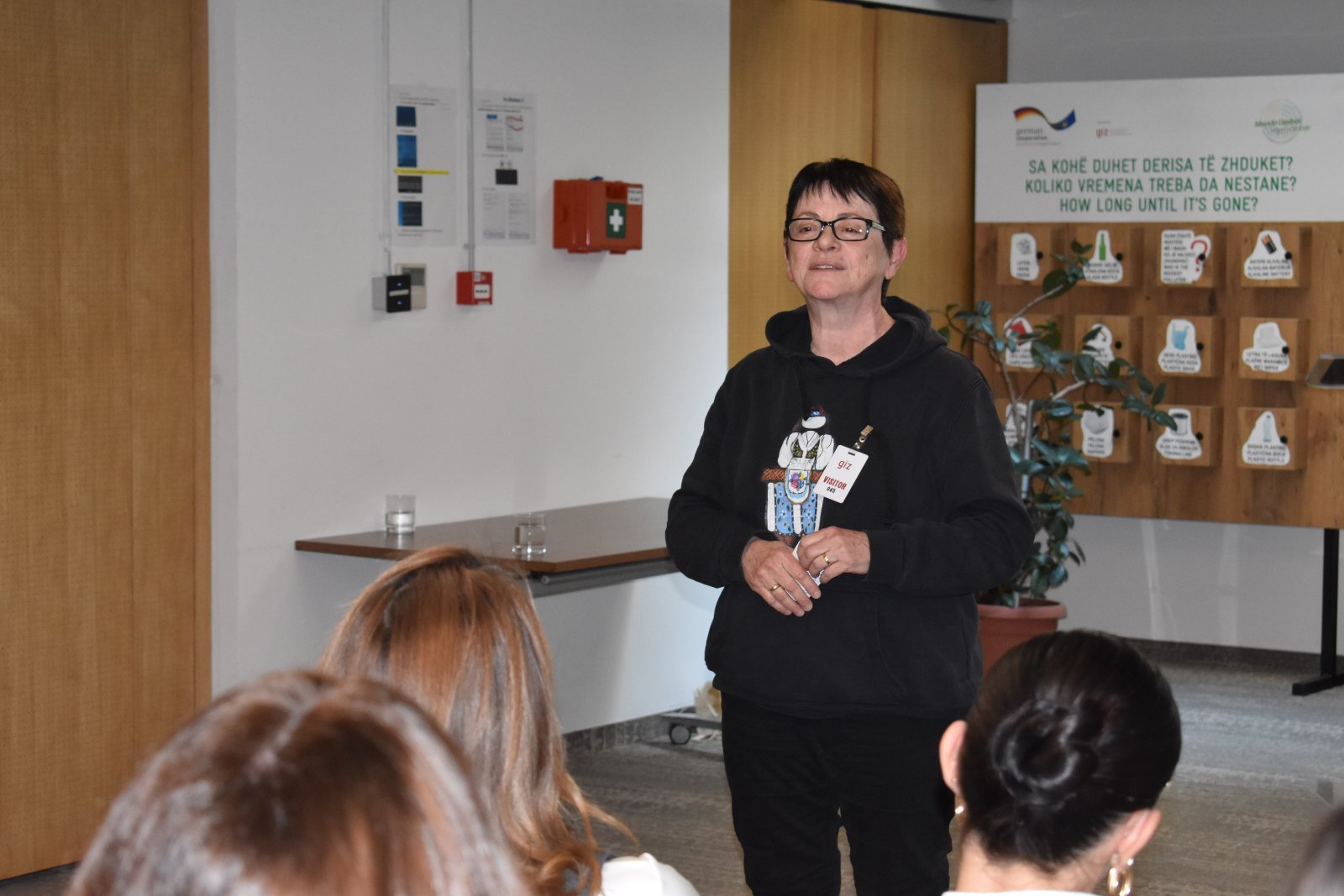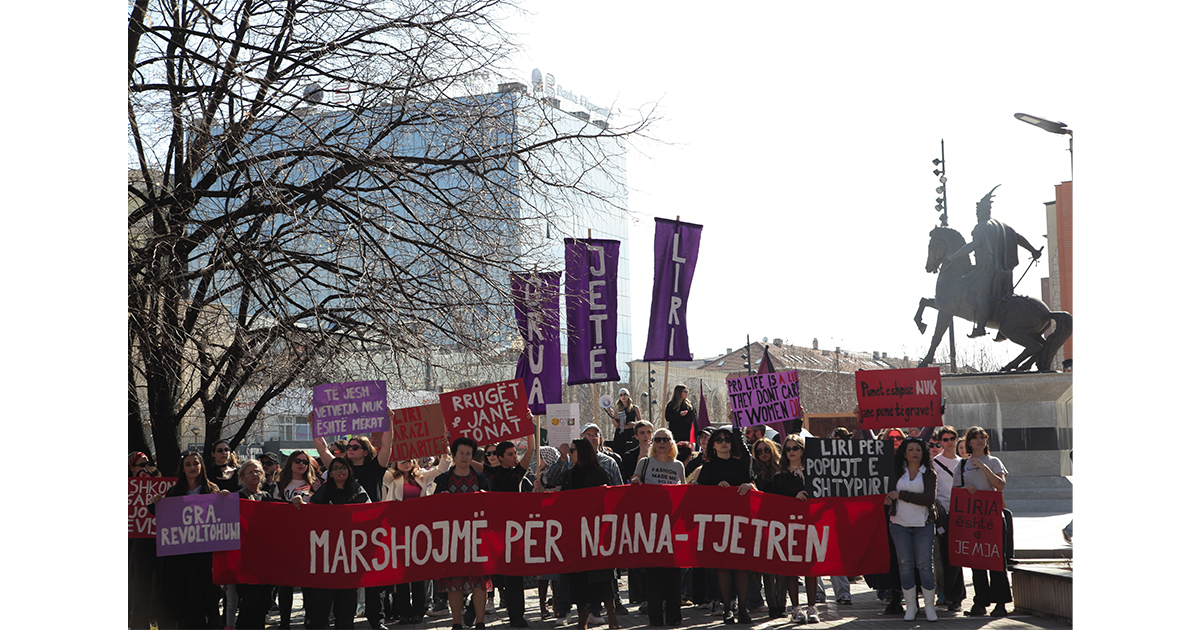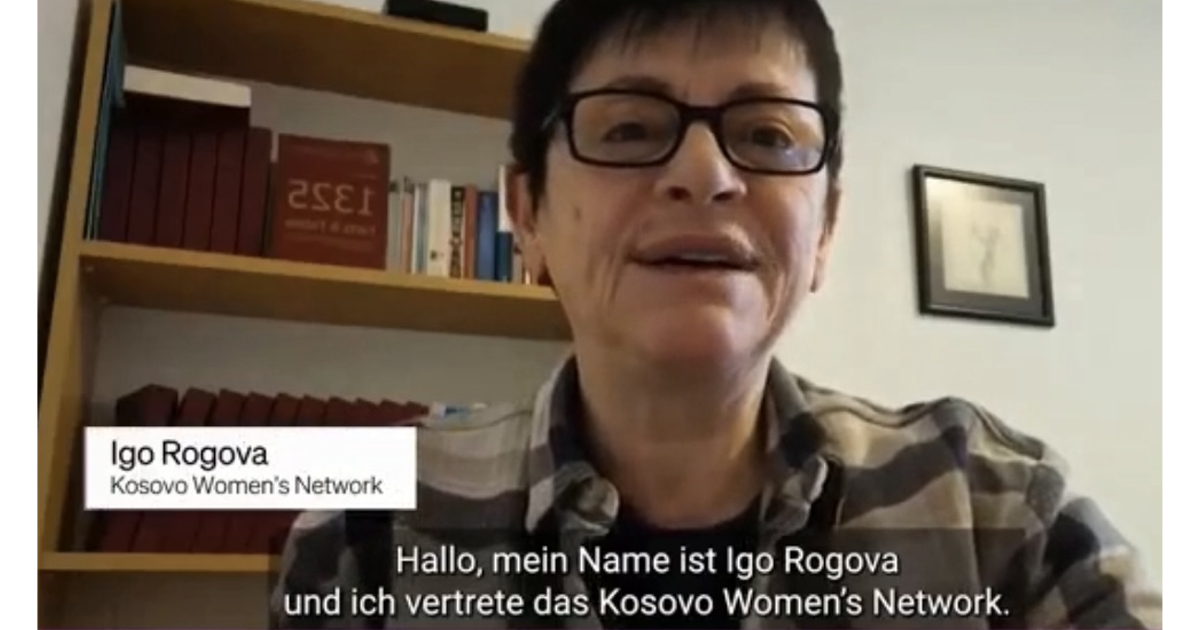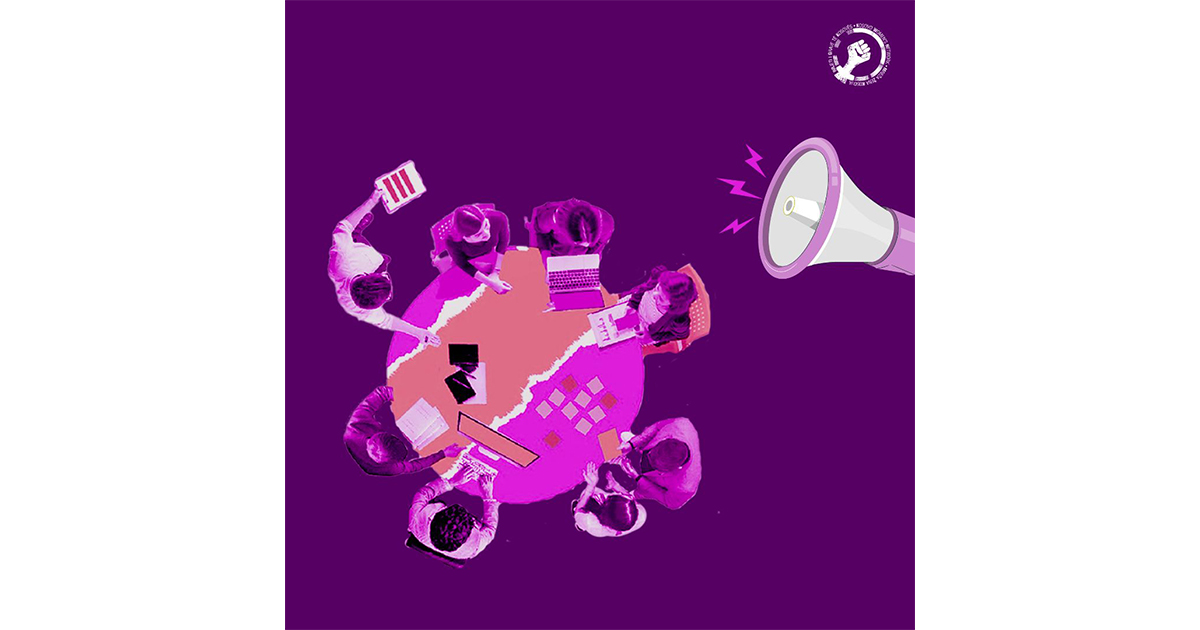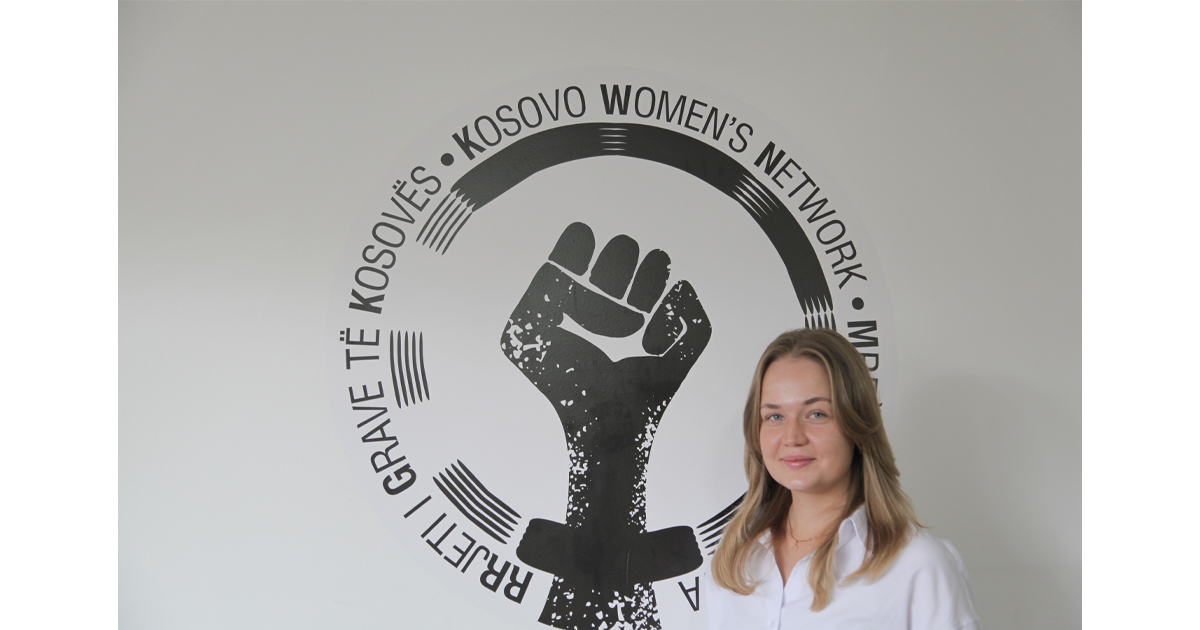How much does it cost to help women and children who have suffered violence? This is what seven women’s rights organisations from the Western Balkans (WB) have partnered to learn through a joint initiative that aims to support WB states in better budgeting to help women and children survivors of violence. All WB states have committed to implementing the Istanbul Convention, including Kosovo. However, several specialised services required by the IC are not yet financed adequately by WB states. This can contribute to a lack of access to important services, poor quality services, recidivist violence and even femicide (the murder of women because they are women).
On 1-4 April 2025, activists and researchers from six women’s rights civil society organisations (WCSOs) across the WB gathered for a workshop in Shkoder, Albania. Experts from Albania, Bosnia and Herzegovina, Kosovo, North Macedonia, Montenegro and Serbia joined. Lawyers, sociologists, psychologists and economists, among others contributed their expertise, collaborating to finalise the shared methodology. The Kosovo Women’s Network (KWN) facilitated the discussion, having drafted the methodology based on prior experience with similar studies like At What Cost?.
Kosovo has several best practices to share, having succeeded in establishing sustained financing for women’s shelters throughout the country, in close collaboration with KWN members, shelters and the government. Yet, the IC calls for several additional services to be state financed, which Kosovo lacks, such as a Rape Crisis Centre, adequate and accessible psychological counselling for diverse women and long-term rehabilitation and reintegration support, among others.
The forthcoming research aims to inform evidence-based advocacy to relevant institutions for adequate budget allocations, particularly for medium-term budget frameworks and annual budgets, starting from 2026. Providing comprehensive rehabilitation and integration services to survivors of gender-based violence is essential for healing, wellbeing and prevention of recidivist violence.
During the workshop, KWN Deputy Director and Lead Researcher Nicole Farnsworth presented the research methodology, which sparked lively discussions among project partners about the best approaches to implement it. Discussions focused on the distinct circumstances of each partner country, its laws and governance structures; and determining which social services to examine based on IC requirements and Council of Europe Minimum Standards.
Between discussions, partners enjoyed the opportunity to network with each other, explore the city of Shkodër, tour Shkodër Castle and dine together at Arti Zanave[Art of Ferries], a traditional restaurant that supports the WCSO Hapa të Lehtë [Light Steps]. This women’s center focuses on empowering women, including violence survivors, with social, legal, health and economic services. The Executive Director, Denada Shpuza, who founded the center and the restaurant, shared the inspiring story of how it came to be. Faced with financial sustainability challenges and project-based funding limitations for supporting the shelter for women survivors, they decided to create a restaurant staffed by women, featuring dishes made with produce cultivated by local women. The restaurant also sells handmade jewelry and homemade goods, with all proceeds benefiting the center and its mission to support women.
In coming months, partners will conduct research in all six WB countries, producing country-specific reports and a regional analysis on the availability, funding and costs of specialised services for survivors. These findings will provide concrete evidence to inform better government budget allocations in 2026 and beyond.
The workshop marked the continuation of WCSOs’ collective efforts to strengthen services for gender-based violence survivors across the region. Through research, advocacy, experience-sharing and partnership, the Action aims to bring meaningful and lasting changes for survivors to access better quality services, sustainably supported by the state, while drawing from WCSOs and activists’ expertise.
This research is part of the Action “Institutionalising Quality Rehabilitation and Reintegration Services for Violence Survivors II”, funded by the Austrian Development Agency (ADA). Partners enjoyed having the opportunity to liaise with Irene Novotny, Programme Manager from ADA Austria and Elona Fana, Programme Manager, ADA Albania who joined part of the meeting.


